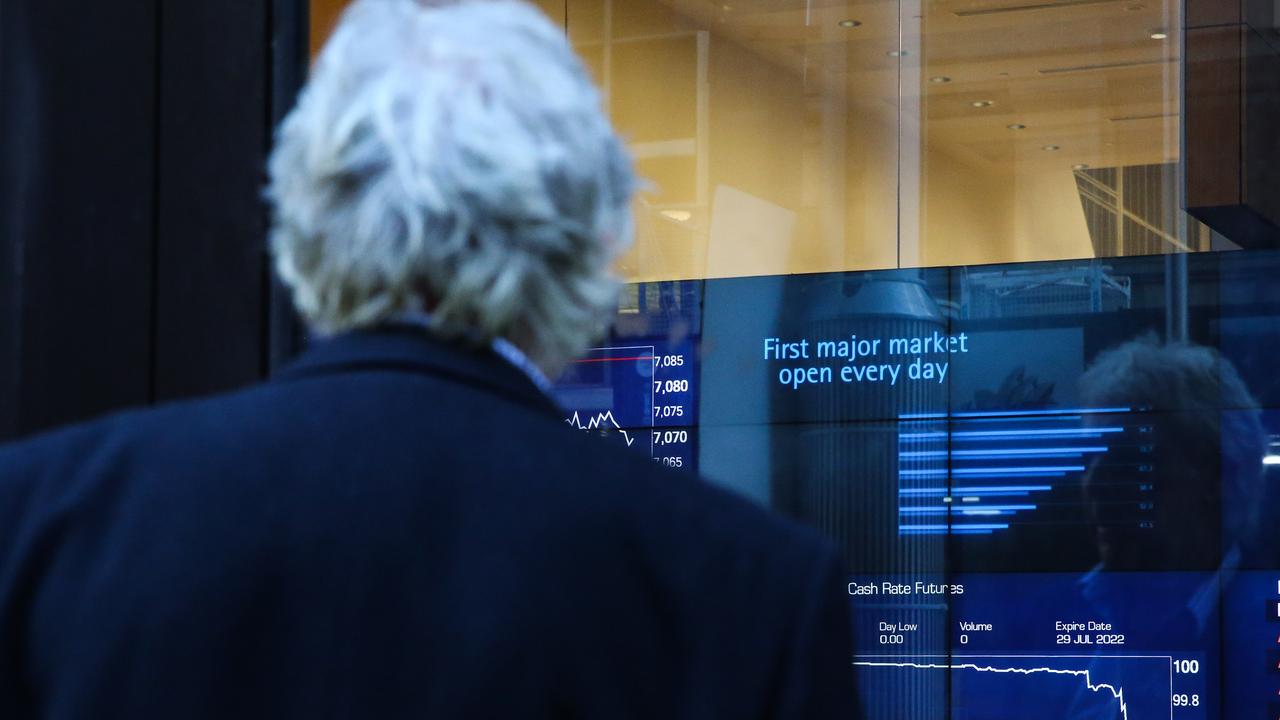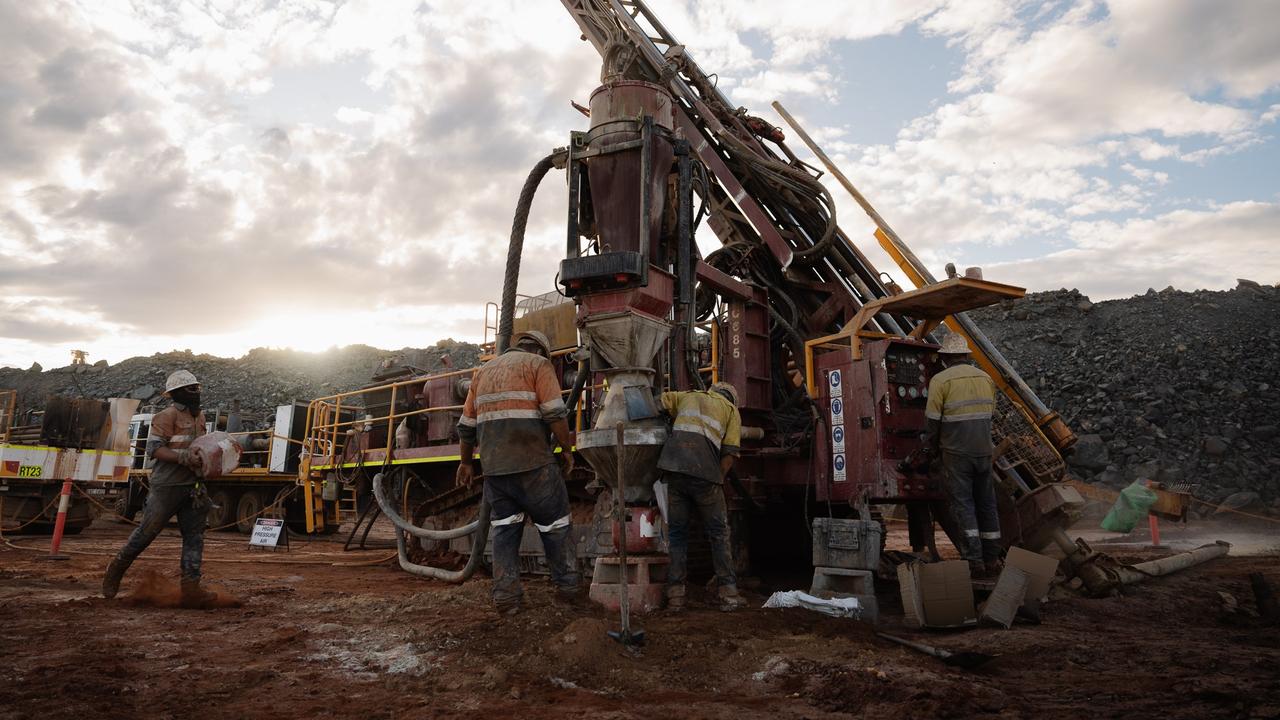China’s big move to cut off Australian iron ore
Beijing is spending big in order to “de-risk” itself from Australia in a move that could cripple Aussies.
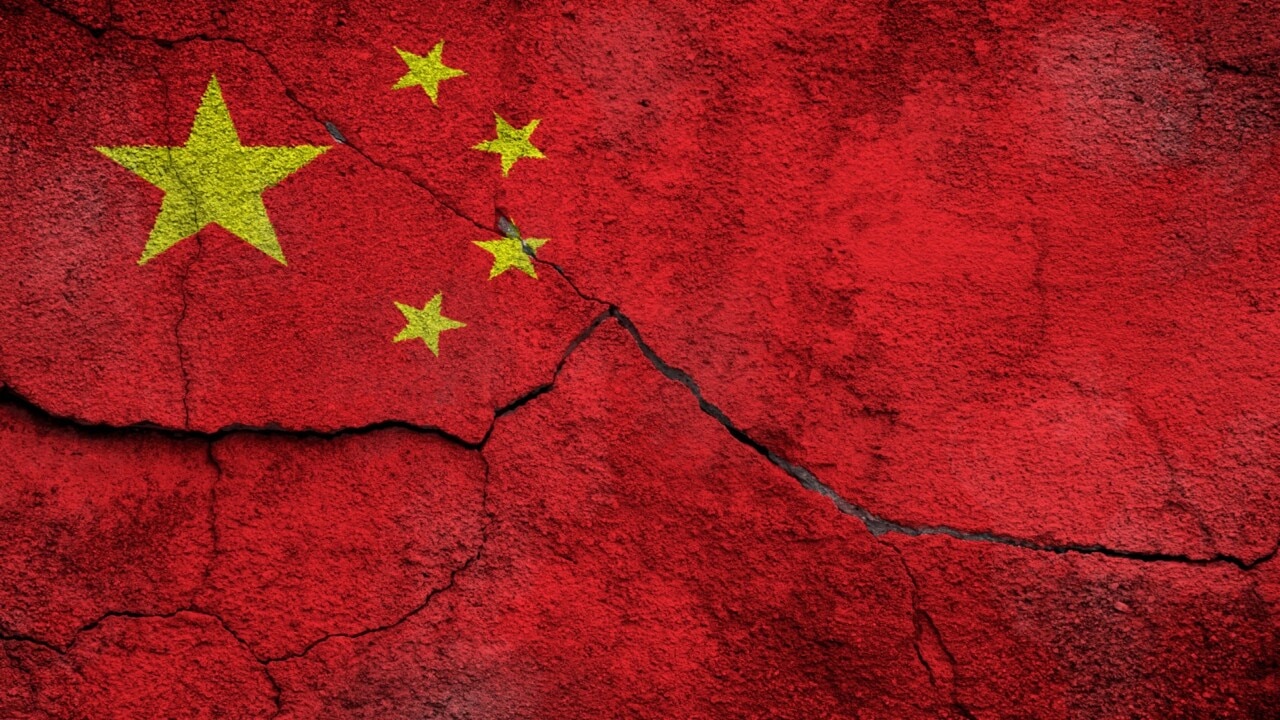
Mining
Don't miss out on the headlines from Mining. Followed categories will be added to My News.
It’s remote. It’s inaccessible. It’s poor quality. But Beijing is determined to spend big on a Sahara Desert mine to “de-risk” itself from Australian iron ore.
China Railway Construction Corp Ltd (CRCC) is one of the world’s biggest construction and engineering groups. It’s controlled by the Chinese Communist Party’s State-owned Assets Supervision and Administration Commission of the State Council.
Now it’s laying 6000 kilometres of new railway line across the North African Algerian desert.
It’s all about giving the Beijing-owned steel conglomerate Baowu control of the Gâra-Djebilet mine.
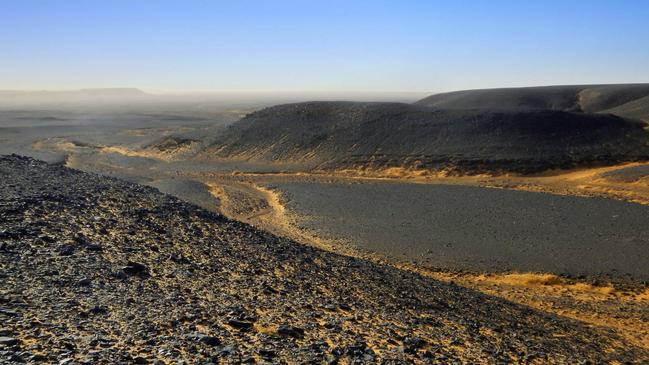
And that’s despite the deposit containing more than eight times the acceptable level of phosphorus – a mineral that weakens any steel the iron ore is used to produce.
Removing it is an intensely energy-hungry and polluting process. But the Chinese Communist Party-controlled South China Morning Post states these challenges have been “overcome”, making massive investment in the mine and associated infrastructure newly viable.
“China currently depends largely on Australia and Brazil for its iron ore, the primary raw material for making steel,” an SCMP report published this week reads. “Beijing is hoping supply from the Gâra-Djebilet mine, which has reserves of around 3.5 billion tonnes, will help diversify its sources.”
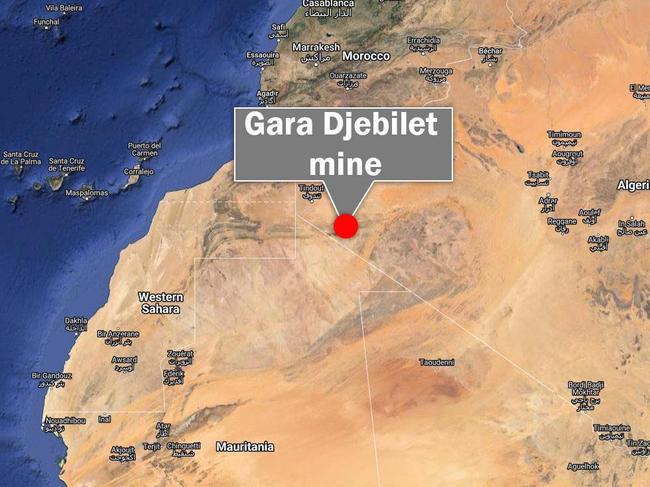
China is the world’s largest steel producer, producing one billion tonnes in 2022 alone.
That also makes it the world’s largest iron ore importer. And some 70 per cent of that ore is dug up in Australia, making it the single greatest contributor to Canberra’s export incomes.
Such co-dependence leaves both Beijing and Canberra exposed to economic and diplomatic manoeuvring.
Multi-polar Investment
Algeria is keen to find an alternative source of income as global demand for oil peaks over the next decade in the drive to cut damaging carbon dioxide emissions.
The 6000km railway will link the remote and challenging-to-access mine with nearby communities, transport infrastructure and ports.
But it was just part of a US$36 billion investment deal signed when Algerian President Abdelmadjid Tebboune visited Chairman Xi Jinping in Beijing late last year.
“Our Chinese friends have agreed to this project … to facilitate the exploitation of mines, promote trade and create economic vitality in Algeria,” President Tebboune stated at the time. “China views Algeria as a gateway to Africa. It’s a win-win partnership for both sides,” added Algerian MP Said Hamsi.
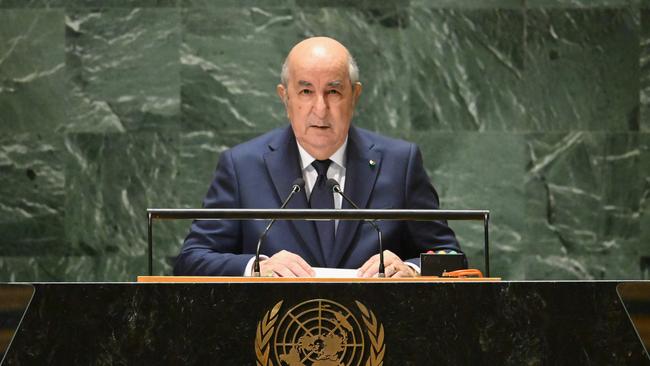
Work has reportedly already begun preparing the ground for a 575km section of the new line linking the Gâra-Djebilet mine in the country’s west with the northwestern industrial centre of Bechar, near the Morocco border.
Meanwhile, Chairman Xi Jinping complained to US President Joe Biden last week that Western moves to “de-risk” their economies from Beijing’s track record of economic coercion were “creating risk”.
“If the US side is willing to seek mutually beneficial co-operation and share in China’s development dividends, it will always find China’s door open,” Xi reportedly said in a Chinese readout of the conversation. “But if it is adamant on containing China’s hi-tech development and depriving China of its legitimate right to development, China is not going to sit back and watch.”
Steely resolve
Iron ore futures have rallied over the past week, pushing prices back to above US$100 per tonne. But it is largely driven by renewed speculation Beijing will be forced to inject massive stimulus into the Chinese economy.
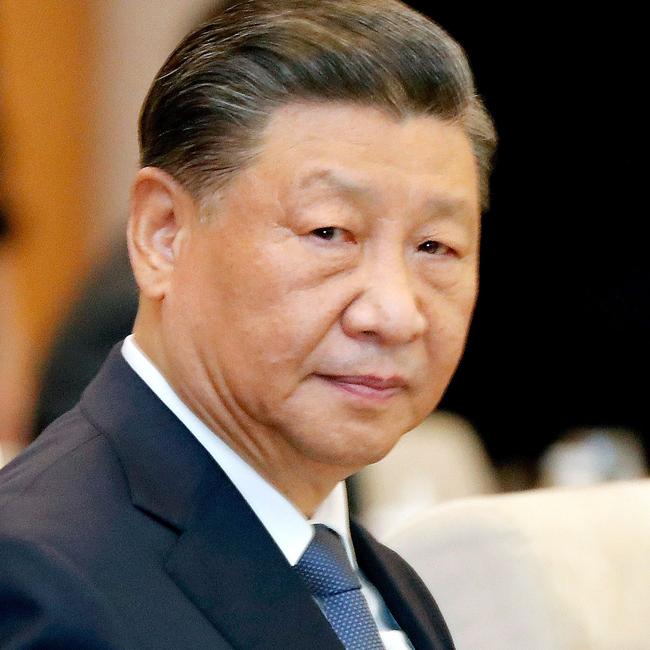
In a statement earlier this week, China Industrial Futures said that China’s steel mills are “slowly restarting blast furnaces after profits improved”, with both construction and manufacturing demand having the “potential to improve” if such stimulus is delivered.
Markets have been speculating on the existence and nature of such an economic boost from Beijing for more than a year. But it has yet to deliver any significant policy, reform or cash signal.
As a result, iron ore – the basic ingredient for the steel used in manufacturing and high-rise development – has experienced a significant fall in demand.
Compounding the long-term impact for Canberra, however, is Beijing’s desire to divert where it sources that iron ore from.
And that’s already evident in new investment figures released this week.
Overall Chinese investment in Australia fell 36 per cent in 2023 to AU$1.34 billion.
It had been AU$2.1 billion in 2022.
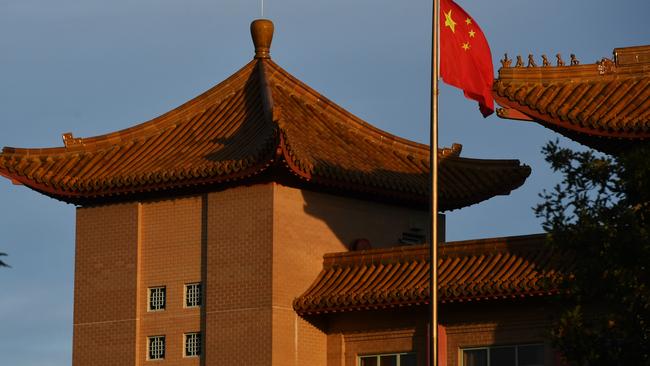
The University of Sydney / KPMG Australia Demystifying Chinese Investment in Australia report found much of that decline can be seen in Australia’s mining industry.
“The emergence of Chinese-funded mining and processing ventures in alternative markets, such as Southeast Asia, intensifies these dynamics by creating competitive pressures and diverting attention from Australian opportunities,” states co-author Professor Hans Hendrischke of the University of Sydney Business School.
“This reflects the shift in priorities for Chinese ODI, which is increasingly flowing towards Belt and Road Initiative countries as well as towards mining and processing ventures in alternative markets, such as Southeast Asia,” adds KPMG partner and report co-author Helen Zhi Dent.
And while the report points to China’s renewed interest in Australian agricultural products and food, the industry has been slow to respond following Beijing’s punitive application of coercive tariffs during the COVID-19 pandemic.
Originally published as China’s big move to cut off Australian iron ore




